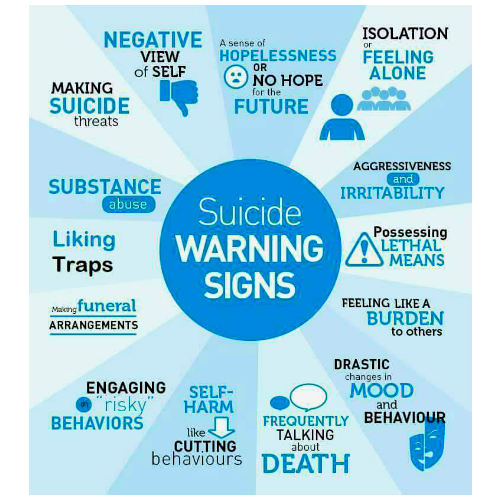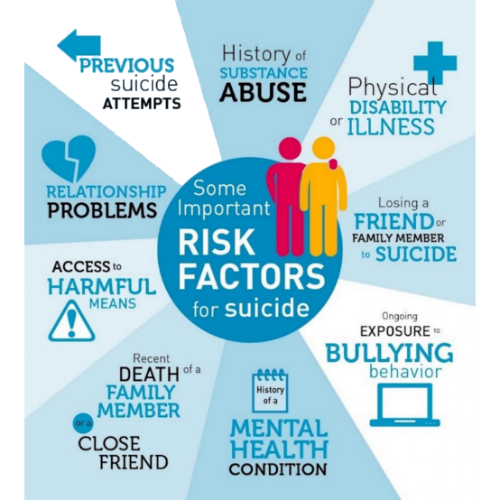
MOUNTAIN LIFEWORKS
MOUNTAIN LIFEWORKS focuses on the connectivity between mental
health conditions like depression and socio-economic factors like
housing, unemployment and poverty
SUICIDE Facts ALL 50 STATES | AFSP
Risk Factors for Suicide | Psychology Today

ABOUT Contributing Factors
Poverty is the most common economic
factor associated with suicide,
and can trigger or exacerbate mental health conditions like
depression. Mountain
Lifeworks recognizes mental illnesses can be triggered or
aggravated by other contributing factors
fueling suicide rates more than originally thought. Job
loss, housing and other issues are not exclusive to any cause or
community and can influence and intensify mental illness.
Depression
is the most common mental health condition associated with suicide,
and it can be complicated by disabilities,
medical conditions and other contributing factors! It's not hard to
connect the dots from unemployment and poverty to isolation,
substance abuse and suicide. Mountain Lifeworks attacks contributing
factors with proven expertise and solutions to increase positive
outcomes for our neighbors.
Risk and Protective Factors (cdc.gov)
Stats of the States - Suicide Mortality (cdc.gov)

ABOUT Depression, Poverty & Suicide
- Depression is the leading cause of
disability worldwide. (WHO)
- Depression is a factor in over 50% of all suicides. (CDC)
- In ALL 50 STATES the poverty rate is higher among families with members with a disability than among families without. (US Census Special Report)
- 47% of working caregivers indicate an increase in care-giving expenses has used up ALL or MOST of their savings. (US Census Special Report)
- The average working family caregiver provides 32 per week of unpaid care (NAMI)
- Persons with disabilities are unemployed at 2X the rate of those without a disability (US Dept. of Labor)
- People with disabilities live in poverty at more than TWICE the rate of people without disabilities (National Council on Disability)
- Families in which one member has a disability have median incomes more than 15% lower than non-care-giving families. (US Census Special Report)
- Adults with disabilities were 3X more likely to report suicidal ideation in the past month compared to persons without disabilities (CDC)
- Veterans have an adjusted suicide rate that is 52.3% greater than the non-veteran US adult population (CDC)
- Rural counties are being hit the hardest with suicide rates DOUBLE the rate in urban counties. (SAMHSA)
- A UCLA Study indicated suicide
rates in the
Suicide rising across the US | VitalSigns | CDC
FastStats - Suicide and Self-Inflicted Injury (cdc.gov)